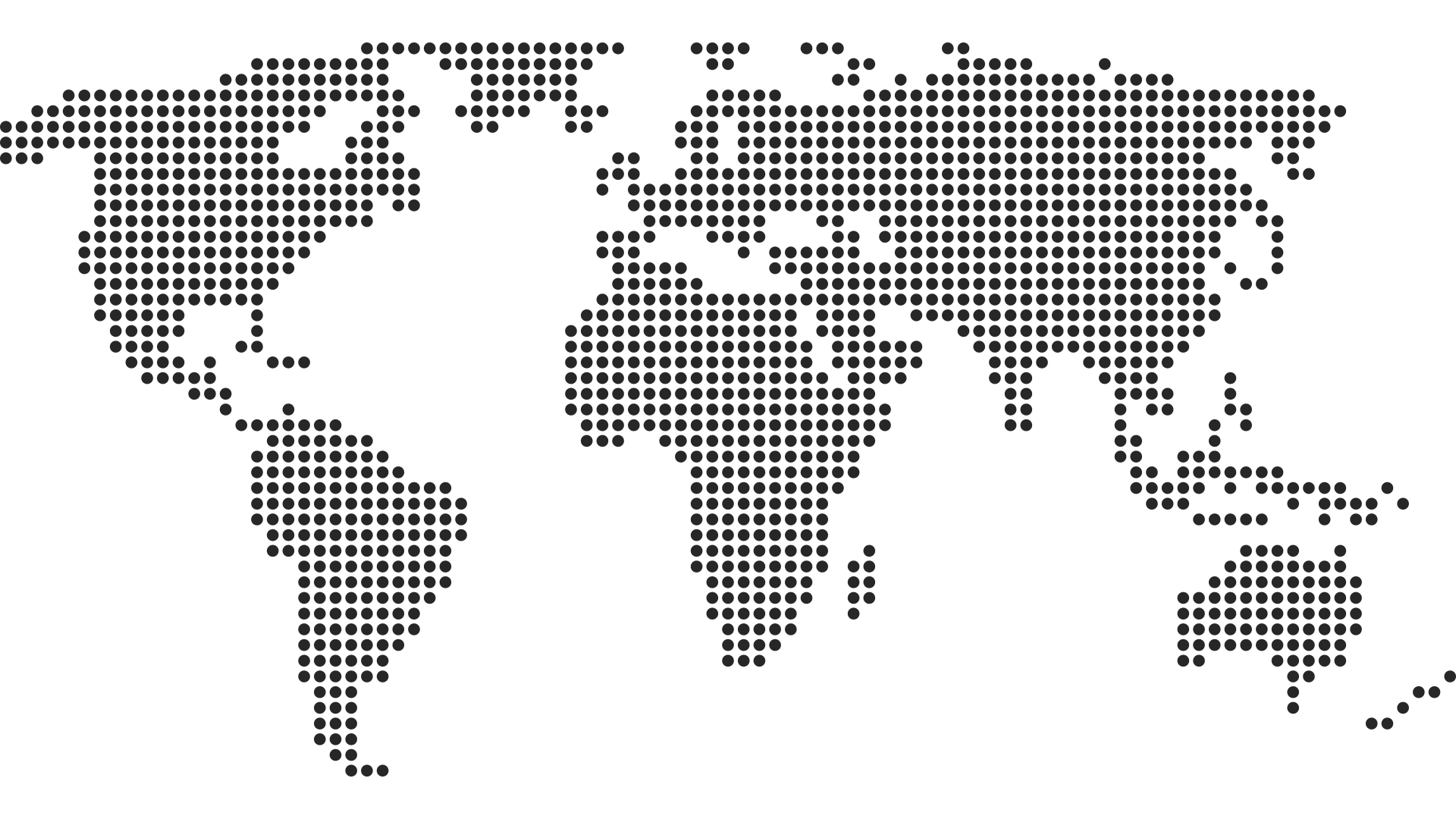Sub-Saharan Africa
Integrating Conservative Religious Actors in CVE
In light of the growing threat of violent religious extremism in the sub-Saharan Africa, ICRD has been exploring innovative strategies to counter the appeal of Jihadi-Salafi groups like Al-Shabaab. Specifically, ICRD aims to critically examine the constructive role that might played by conservative religious actors – who often possess unique influence with and access to those at-risk of radicalization. Drawing on field research with Salafi and other conservative religious actors (imams, religious students, and educators), ICRD has been developing recommendations for national and international policymakers and practitioners on how to more effectively integrate a range of religious actors and institutions into future initiatives.
Strengthening Civil Society Capacities in CVE in Kenya
ICRD is working to build and improve the capacities of local peacebuilding organizations in countering violent extremism (CVE). ICRD’s transferable toolkit and CVE manual has been implemented in a number of conflict spaces. These adaptable mechanisms have been tailored to address Kenya’s most pressing concerns regarding the spread of violent extremism.
Sudan Inter-religious Council (Completed Program)
In 2005, political leaders signed a peace agreement which brought to a close the 21-year civil war between the North and the South of Sudan that cost more than two million lives and displaced four million from their homes.
Two years earlier, thanks to extraordinary indigenous leadership on both sides of the conflict, ICRD helped to establish the Sudan Inter-religious Council (SIRC) consisting of representatives of both the Islamic north and Christian/African Traditionalist south. The SIRC was instrumental in paving the way for the peace process, and mobilizing Muslim and Christian religious leaders on a regional basis to work together in support of the agreement.
In 2023, ICRD concluded a two-and-a-half-year project engaging key stakeholders in Uganda’s Islamic education (madrasa) system, in order to facilitate greater understanding of these schools; their strengths, needs, and challenges; and how cooperation among religious and government leadership could provide enhanced educational opportunities for their students. This initiative was conducted in partnership with United Religions Initiative-Great Lakes (URI-GL) and the two most influential Islamic leadership bodies in Uganda—the Uganda Muslim Supreme Council (UMSC) and the Office of the Supreme Mufti-Kibuli (OSM-Kibuli)—in addition to the Ugandan government’s Ministry of Education and Sports and National Curriculum Development Center.
Historically, after Islam came to Uganda, madrasas were increasingly established by local Muslim communities to preserve religious teachings for the next generations. For many Ugandan Muslims, madrasas became a key institution providing religious education for young children, free from real or perceived discrimination in secular or Christian schools. At present, formal madrasas are widespread across Uganda, and often work in tandem with local government authorities to provide both secular and Islamic instruction. However, the Ugandan government has also demonstrated suspicions about madrasas in the country—especially the ‘informal’ madrasas—which affect broader perceptions of these schools. In the past decade, a number of madrasas were shut down by Ugandan police and their imams arrested under suspicion of recruiting and training terrorists. Ugandan police additionally raided five Islamic schools which were suspected of training students to join the Allied Democratic Forces (ADF)—an ISIS-allied group which has killed numerous civilians in Uganda and Congo, including at least 41 people—mostly students—in a June 2023 attack on a school in western Uganda.
Despite such accusations, there has been a notable lack of available scholarship on Uganda’s madrasas, making it challenging to draw overarching knowledge about these schools and their role in Muslim communities. Many madrasas—particularly the informal—have had few opportunities to make their needs and concerns known, address misperceptions, and access educational resources available to other schools.
Thus, in collaboration with local Muslim partners, ICRD and URI-GL began by undertaking a first-of-its-kind national survey of Ugandan madrasas—accompanied by focus group discussions (FGDs) and key stakeholder interviews—in order to:
- Facilitate a greater understanding of Uganda’s Islamic education system—including structures, strengths, and needs of its formal and informal madrasas and their role in social cohesion—by Ugandan Muslim, educational, and government stakeholders as well as international stakeholders; and
- Provide recommendations and strategies for enhancing the capacity of Uganda’s Madrasa education.
Analysis of data from this study culminated in the publication of a report entitled “The Madrasa Education System in Uganda: Status, Institutional Capacity, Impact, and Proposed Enhancements”, which is based upon data collected from 1626 formal and informal madrasas across the country, along with 11 FGDs and 31 key stakeholder interviews. The study has been widely and positively received by Ugandan madrasa stakeholders, including the government represented by the Ministry of Education and Sports, and the two key Muslim leadership institutions UMSC and OSM-Kibuli which formally endorsed the report.
The study found that many Ugandan madrasas have a number of strengths which can be built upon—such as holding great positions of trust among their students on matters of religious guidance, positive interfaith relations with Christian members of their communities, and a strong belief in the importance of tolerance as an Islamic value. It also found various areas in which madrasas could benefit from educational enhancement, such as greater connection and collaboration between formal and informal madrasas and between madrasas and the government, more emphasis on promoting student leadership skills and positive involvement in their communities, and greater incorporation of critical thinking skills. (For example, the majority of madrasas surveyed (82%) viewed critical thinking positively in relation to the classroom; however, only 33% reported that teachers try to promote critical thinking.)
In the second phase of the program, key madrasa and government stakeholders gathered to attend a Capacity-building Workshop in the capital of Kampala, which did a deeper dive into how madrasas could implement recommendations from the study—particularly as related to promoting social cohesion, critical thinking, and student leadership and community engagement.
Among other outcomes, this initiative resulted in the creation of a new joint Commission (still currently in the process of finalization) which aims to carry forward educational enhancement initiatives in Ugandan madrasas.
Additionally, key stakeholders subsequently undertook a review of various curricula currently being used in Ugandan madrasas, as well as other international curricula, to develop a Roadmap for enhancing and integrating the various madrasa curricula into a unified National Madrasa Curriculum that incorporates and acts on key recommendations of the research report. Various stakeholders in the country, as well as other countries in the region, have expressed interest in using this new curriculum when it is completed.
The success of this project has opened doors for further collaboration on next steps to enhance the education available to Ugandan students. As mentioned by one influential Islamic educational leader involved in the program:
“We guarantee our continued collaboration with you in areas that keep us together and principles that guide us to that effect. Finally we thank you for funding this project for we are the main beneficiaries from both the research findings to the curriculum review as the Muslim community of Uganda. Thanks a lot”.
Based upon the success of this program, ICRD is currently seeking funds to support the implementation of follow-on programming—to be conducted with our local partners—such as:
- Development by the Ugandan madrasa leadership of a full unified National Madrasa Curriculum, based upon the above Roadmap and the recommendations of the research report from the Muslim technical and administrative teams
- Development of new educational materials and teacher-training programs by the mandated teams from the Islamic foundational bodies to equip madrasa teachers to implement the new curriculum
- Facilitation of overseas study visits by Ugandan madrasa leadership to religious schools in other countries, including the United States and other countries of their interest, to learn from their best practices and share their own Ugandan successes and challenges
- Development of additional programming to support social cohesion-building in the country






 Skip to content
Skip to content
